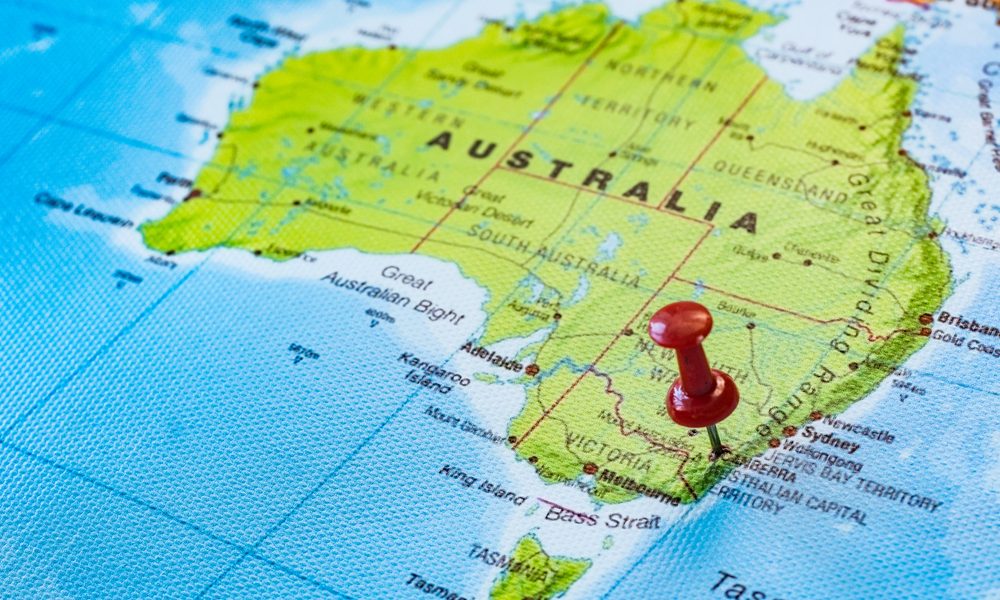Australian state governments and their respective regulatory bodies could do well to take a leaf out of the Singapore playbook when it comes to the international standing of their once powerful but now crippled casinos.
In April 2005, then-Singapore Prime Minister Lee Hsien Loong sprung somewhat of a surprise when he unveiled a proposal to develop two integrated resorts with casino gaming in the city state, reversing the government’s long-standing policy against casinos.
Opposition to gambling in Singapore was strong, but Lee had good reason to follow this new path: Singapore was losing ground in tourism, with statistics revealing a decline in Asia-Pacific market share and that tourists were spending less time in the Lion City than previously.
“The feedback we have been getting is that Singapore is seen as unexciting,” Lee said. “We have not been investing in tourism infrastructure projects that are crowd pullers.”
As such, “We cannot stand still,” he continued. “The whole region is on the move. If we do not change, where will we be in 20 years’ time? Losing our appeal to tourists is the lesser problem. But if we become a backwater, just one of many ordinary cities in Asia, instead of being a cosmopolitan hub of the region, then many good jobs will be lost, and all Singaporeans will suffer. We cannot afford that.
“We need to do many things to become a global city. A casino by itself is not essential to this vision. But an IR is not just a casino. An IR is one significant idea we must consider that will help us reinvent Singapore.”
Fast forward almost two decades and Lee’s vision has proved a resounding success, with Marina Bay Sands and Resorts World Sentosa both among the most profitable IRs in the world and MBS establishing itself as a globally-recognized icon. Singapore in 2023 is a place to be and a place to be seen.
And so we turn our attention to Australia, where the shoe is very much on the other foot. In Sydney and Melbourne, the country’s two largest and most international cities, IR operators Star Entertainment Group and Crown Resorts have been brought to their knees – hobbled by a vicious reaction to past misdemeanours and a raft of resulting restrictions which have created near untenable business conditions. Employees have been laid off in their hundreds, and Crown Sydney has even taken the step of limiting the operating hours of its casino – an unimaginable outcome in a purportedly global city with a metropolitan population exceeding 5 million.
We are not for one minute suggesting they didn’t bring this on themselves – the findings of recent inquiries have been well-publicized – but with the apparent likelihood that Crown and Star will eventually return to suitability and “win back” their casino licenses, the question must be asked: what role do governments see these expansive properties playing in Australia’s tourism future?
Crown’s Sydney and Melbourne IRs, working in tandem with Star’s Sydney and Gold Coast assets and the soon-to-open Queen’s Wharf Brisbane project, should be major international drawcards.
Instead, thanks to past unsavoury dealings with Asian junket operators and other indiscretions which occurred under the regulators’ noses, the regulatory reaction has been to make all future transactions with the world’s high rollers so onerous as to render Australian casinos obsolete on the international tourism stage.
And all of this at a time when Sydney, in-particular, finds itself facing accusations of being “unexciting”, just as Singapore was 20 years ago.
Singapore has captured the secret sauce – successfully striking the balance between protecting its public from the potentially negative aspects of gambling while engaging in a genuine, authentic and meaningful partnership with IR operators to maintain itself as a world-class international tourism drawcard.
Singapore got the best of both worlds by being smart. It formulated a vision and a strategic plan. It executed it. And it brought the public along on that journey, clearly enunciating the plan to protect the public interest socially while stimulating the public interest economically by reinventing itself as a global tourism icon.
By contrast, in Australia we have seen knee-jerk reactions to cripple and stymie the industry with no real plan other than trying to ward off further media scrutiny, given past regulatory failures. “Look at me, I’m tough on casinos!” It smacks of 1920s alcohol prohibitionism, and how did that work out?
There are good reasons casino gambling was licensed and regulated widely across Australia in the 1970s, 80s and 90s, and those reasons have not changed. Allowing Australia’s integrated resorts to wither on the vine is not protecting the people of Australia and it’s certainly not helping the nation’s standing on the international tourism stage. It’s simply throwing the baby out with the bathwater.






